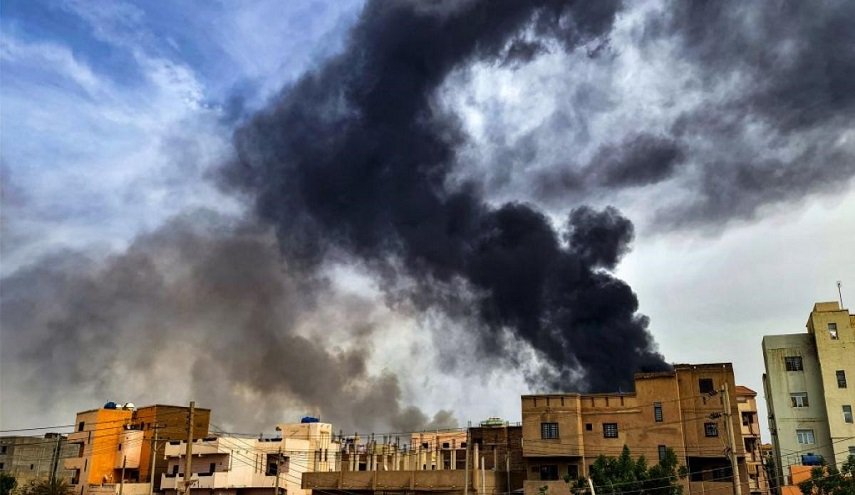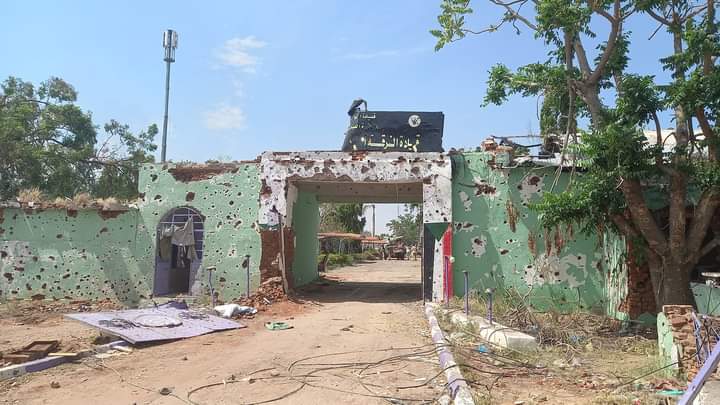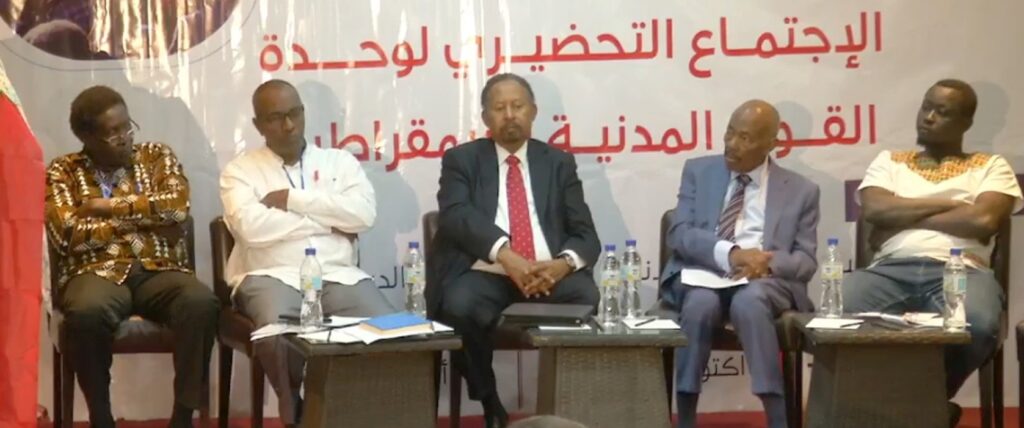Jedah talks resume again, potential optimism
October 27, 2023
Although the military battles on the ground continued violently over the past two days between the Sudanese army and the Rapid Support Forces, especially in Nyala, South Darfur State, optimism dominates the negotiating table that began Thursday between the two sides in Jeddah, Saudi Arabia.
Since mid-April, a war of dominance between Sudan’s armed forces and the paramilitary Rapid Support Forces (RSF) has taken place, displacing over five million and killing at least 9,000 people.
The mediation sponsoring the Jeddah platform, led by the US and the Kingdom of Saudi Arabia, called on the warring factions to resume the negotiations that had been suspended since last July after a dispute emerged over stipulations related to the separation of forces and military checkpoints in cities.

While military battles largely receded in the Sudanese capital, Khartoum, the RSF took over the Al-Aifoun suburb east of the capital and claimed control of Nyala, the second-largest city in the country. Analysts believe these RSF offenses were designed to strengthen the paramilitary force’s position prior to mediation talks.
According to political researcher Hudhaifa Kamal, the RSF announced its control of Nyala to pre-empt the ceasefire and protect itself in case it is expected, per the talks, to withdraw from the main sites they control in the capital.
Kamal believes that the negotiations may lead to a ceasefire in the first stage, but the battles in the Darfur region will not stop, especially with the difficulty of removing RSF from the military garrisons it has seized in this restive region. “Stopping the war does not mean getting rid of it completely,” Kamal told Ayin, “a comprehensive ceasefire in Sudan requires a political process led by civilians alongside the generals.”

Despite the fighting outside the negotiation table and past failed Jeddah mediation attempts, political affairs researcher Ahmed Mukhtar remains confident a ceasefire agreement will emerge this time around.
“Despite their timing with the military battles, the American and Saudi mediators know full well that at the end of the talks there will be a binding signing process to reach a ceasefire for humanitarian purposes for a period of no less than six months,” Mukhtar told Ayin.
Mukhtar links the departure of the army’s Deputy Commander, Lt.-Gen. Shams al-Deen Kabbashi, from the General Command buildings a week ago to the start of negotiations in Jeddah at the same time as a positive development. “His departure came at the desire of the United States of America and Saudi Arabia through its ambassador to Sudan, who spoke with Al-Burhan about the necessity of Al-Kabashi’s departure and arranging the agreement related to the ceasefire.”
Withdrawal from civilian areas
It is expected that an evening round of negotiations between the army and the RSF will begin today, Friday, to discuss a paper related to withdrawal from civilian sites – according to a civilian actor close to both parties of the negotiations.
The source, who wished to remain anonymous since he is not authorised to speak to the press, said the paper will discuss how to withdraw the army and RSF from civilian-populated areas. The same source also said the Jeddah talks will discuss a proposal to deploy peacekeeping forces from Egypt and Rwanda.

International actors attending the talks include the Charge d’Affaires of the US Embassy in Cairo, Daniel Rubinstein, along with, for the first time, representatives of the African Union and the Intergovernmental Authority on Development (IGAD).
The army has, in the past sharply criticised a role for both the African Union and IGAD, accusing Kenya of supporting the RSF and engaging in a spat of acrimonious exchanges with the AU Chairman’s advisor on Sudan, Professor El Hacen Wad Labatt. The resumption of talks under joint auspices may be an indication that some of this acrimony has been addressed, analysts say, but may also raise fears about its recurrence.
As the Jeddah talks commenced, Sudanese civil actors and political parties concluded a preparatory meeting in Addis Ababa, Ethiopia, to develop a united body to end the war. It was agreed that former premier Abdalla Hamdok would lead the initiative with 70% of its representation being made up of civil actors –curtailing the influence of political parties and armed groups.


